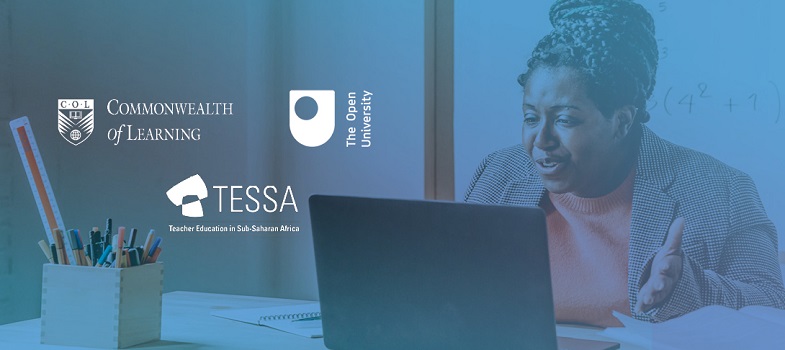In our country kenya, the government has taken steps to try and accomodate all students in education through policies. Take for example, free primary education which was fully implemented in the year 2003 in order to see more students access education.
With the introduction of free primary education, the government continues to face several challeges. For example, maintaining high quality education still remains a challenge and a significant number of disadvantages children such as those with disabilties is still a challenge as the children cannot access quality education.
Special needs education is constrained with inadequate number of specialized expertise, inadequate equipments as well as trained teachers.
Other challenges that the government has faced included lack of adequate data, human resources and capacity building, accountability as well as poor goverenance and monitoring.
some of the possible solutions would be for the government to improve on collection of data, proper governance and monitoring of the resources and also collaborating with both private and public stakeholders to improve on implementation of the policies.
In conclusion, there are already policies in place to ensure a smooth running of the education sector in kenya but the challenge is in implementation of the policies.
